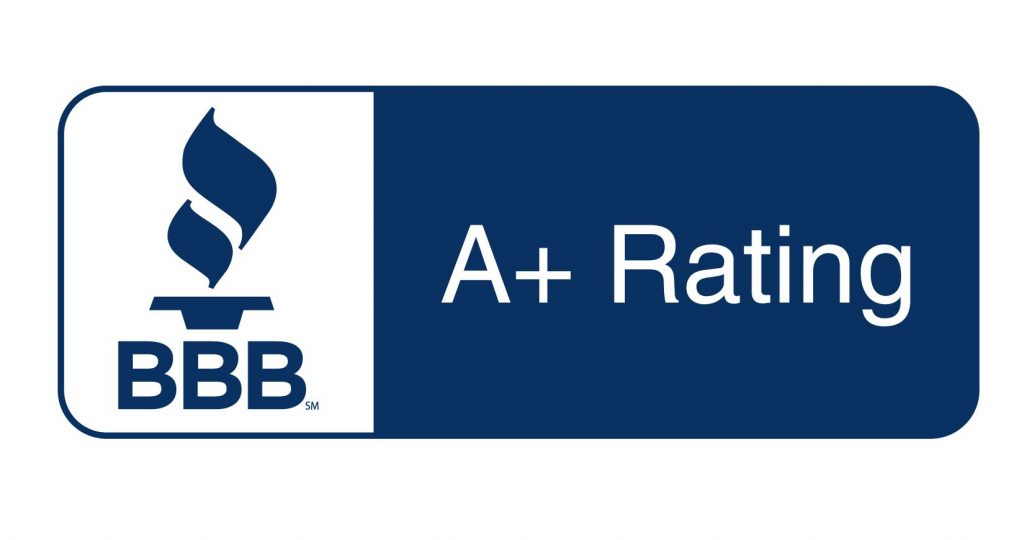Yep, another Medicare rule! In most cases, determining the cost of a medical service is straightforward. For example, your doctor’s visit may cost $25, and an MRI may cost $200. The price doesn’t change if either of those services takes longer than a set amount of time. That’s not the case when it comes to physical therapy.
Medicare has an 8-minute rule for physical therapy services, which some people also refer to as the “Rule of Eights.” Let’s examine what this means for Medicare beneficiaries.
The 8-Minute Rule
The 8-minute rule dictates how many time units a physical therapist should bill Medicare for outpatient therapy services during an appointment. The therapist must give the patient direct, one-on-one therapy for a minimum of eight minutes to receive reimbursement for one unit of a time-based treatment code. That sounds simple enough, right? The tricky part is that there are time-based units and service-based units, and both can happen during a single visit.
Current Procedural Terminology (CPT) codes are what physical therapists use to file medical claims. Service-based codes are not timed, and they’re for things like performing an examination or re-examination, applying cold or hot packs, and conducting unattended electrical stimulation. When a physical therapist performs these services, they can only charge the code one time per visit, regardless of the length of treatment.
Time-based CPT codes, on the other hand, can be billed multiple times during one visit. A physical therapist can bill these in 15-minute increments. They use these codes for any one-on-one, attended procedures and treatments, such as exercises, activities, neuromuscular re-education, manual therapy, ultrasounds, gait training, iontophoreses, or attended electrical stimulation.

According to CPT guidelines, a timed code equals 15 minutes of treatment. However, we know that treatment doesn’t always occur in perfect 15-minute blocks of time. Maybe your ultrasound only took 12 minutes, and gait training took six minutes. How is that charged?
This is where the 8-minute rule applies. Per Medicare guidelines, a physical therapist must perform the service for at least eight minutes in order to bill one unit of any timed CPT code. Medicare adds the total minutes of direct time and divides that number by 15. If eight or more minutes remain, the therapist can bill for an additional unit. If less than eight minutes remain, Medicare will not reimburse those remaining minutes. For example, if your physical therapist performed direct therapy for 15 minutes and then did gait training for 8 minutes, they could bill for two direct time units.
Therapists must track how much time they spend on time-based codes versus service-based codes throughout their appointments. This process can be cumbersome and confusing. To make matters worse, sometimes it can be challenging to determine when a provider should bill for time at all. Let’s look at an example.
Iontophoresis is often a mixture of services. The physical therapist will take time to connect the machine but won’t usually be with you during the treatment. Afterward, they’ll disconnect you from the machine and may even check for skin damage after removing the electrodes. They are spending direct time with you but weren’t there for the entire procedure. Should they bill a timed code? According to Medicare, probably not. The therapist probably only spent a couple of minutes getting the treatment ready and another couple of minutes at the end. This would not add up to eight minutes and, therefore, shouldn’t be billed at all.





